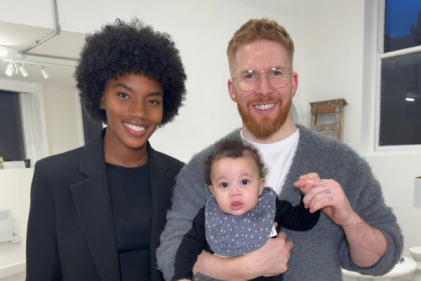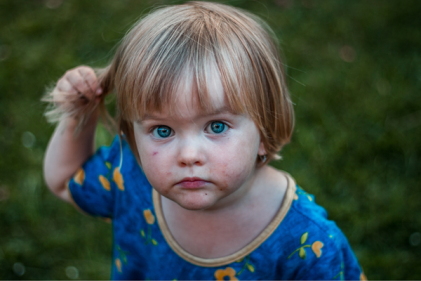When you witness your toddler happily emptying his bowl of food onto the floor, it seems quite hopeless that she will ever learn good table manners. However, with plenty of patience and determination, you can begin to get the idea through to her from an early age, that there are acceptable and unacceptable ways to behave at the table.
At this young age you can start teaching your toddler to wash her hands before eating, that mealtimes are supposed to be a pleasant family get together, so it is not acceptable to throw her bowl or spoon around, scream, spit her food out, or grab food from other people’s plates. Also, as soon as your child can talk teach her to say “please” and “thank you.”
If your toddler misbehaves at the table, then do something right away to let her know that it is unacceptable. Making mealtimes a pleasant experience for your toddler will encourage her to look forward to mealtimes.
You are the best role model for your child, so she will behave the way you behave at the table, so the best thing to do is to show her how it’s done. Without overdoing it, praise her whenever she does something right at the table.
At this young age you can start teaching your toddler to wash her hands before eating, that mealtimes are supposed to be a pleasant family get together, so it is not acceptable to throw her bowl or spoon around, scream, spit her food out, or grab food from other people’s plates. Also, as soon as your child can talk teach her to say “please” and “thank you.”
If your toddler misbehaves at the table, then do something right away to let her know that it is unacceptable. Making mealtimes a pleasant experience for your toddler will encourage her to look forward to mealtimes.
You are the best role model for your child, so she will behave the way you behave at the table, so the best thing to do is to show her how it’s done. Without overdoing it, praise her whenever she does something right at the table.



